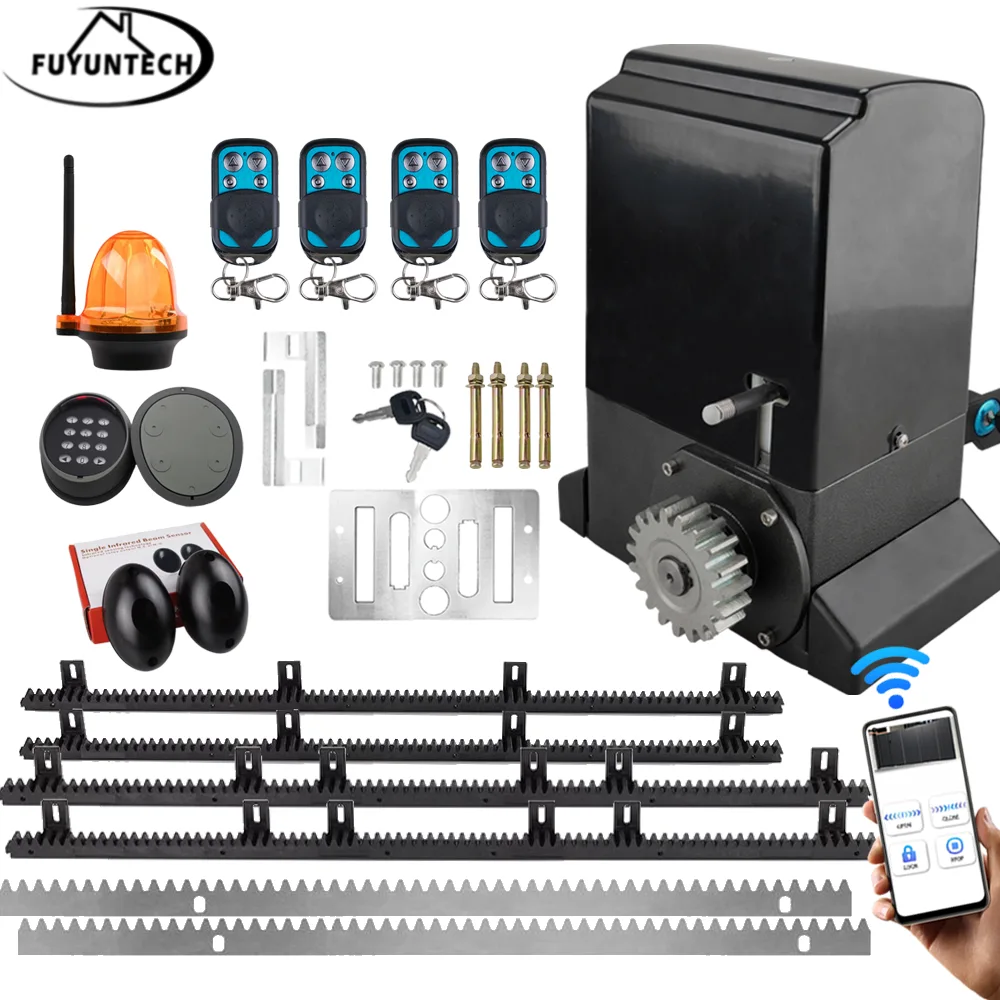Shipping containers have revolutionized the transportation and logistics industry, providing a cost-effective and efficient solution for the movement of goods across the globe. In this blog post, we will delve into the intricacies of shipping containers, exploring their ease of movement, versatility, and the impact they have had on various industries.
- The Mobility Advantage:
Shipping containers are designed to be easily moved, making them an ideal choice for transporting goods by land, sea, or air. Their standardized dimensions and robust construction allow for seamless integration into various transportation modes, ensuring smooth transitions between different stages of the supply chain. Whether it's being loaded onto a truck, stacked onto a cargo ship, or lifted by a crane, shipping containers offer unparalleled mobility. - Adaptability to Different Modes of Transport:
One of the key advantages of shipping containers is their ability to be seamlessly transferred between different modes of transport. The standardized dimensions, such as the ISO container sizes, enable easy handling and compatibility across various transportation systems. This adaptability not only saves time and effort but also reduces the risk of damage to goods during transfers. - Transforming Industries:
The versatility of shipping containers extends beyond transportation. These modular structures have found innovative applications in a wide range of industries, revolutionizing the way businesses operate. Let's explore a few examples: a. Architecture and Construction: Shipping containers have gained popularity as building blocks for affordable and sustainable housing solutions. Their structural integrity, portability, and cost-effectiveness make them an attractive choice for architects and developers seeking to create unique and eco-friendly structures. b. Retail and Pop-up Stores: Shipping containers have become a trendy choice for retail businesses looking for flexible and eye-catching store designs. These portable structures can be easily customized, allowing entrepreneurs to set up shop in unconventional locations or at events and festivals. c. Disaster Relief and Emergency Shelters: In times of crisis, shipping containers can quickly be transformed into temporary shelters, providing a safe haven for those affected by natural disasters or humanitarian crises. Their mobility and ease of setup make them invaluable assets for relief organizations. - Innovations in Container Technology:
To further enhance the ease of movement and functionality of shipping containers, technological advancements have been made. These include: a. Smart Container Tracking: IoT-enabled tracking systems allow real-time monitoring of container location, temperature, humidity, and other vital parameters. This technology ensures better supply chain visibility, reduces the risk of theft or loss, and enables proactive maintenance. b. Container Modification: Custom modifications, such as adding doors, windows, insulation, or ventilation, enhance the versatility of shipping containers, making them suitable for a wider range of applications. These modifications can be tailored to specific industry requirements, further expanding their usability.
Conclusion:
Shipping containers have revolutionized the way goods are transported and have found innovative applications across various industries. Their ease of movement, adaptability, and versatility make them indispensable assets in today's globalized world. As technology continues to advance, we can expect further enhancements in container design and functionality, unlocking even more possibilities for their use.

